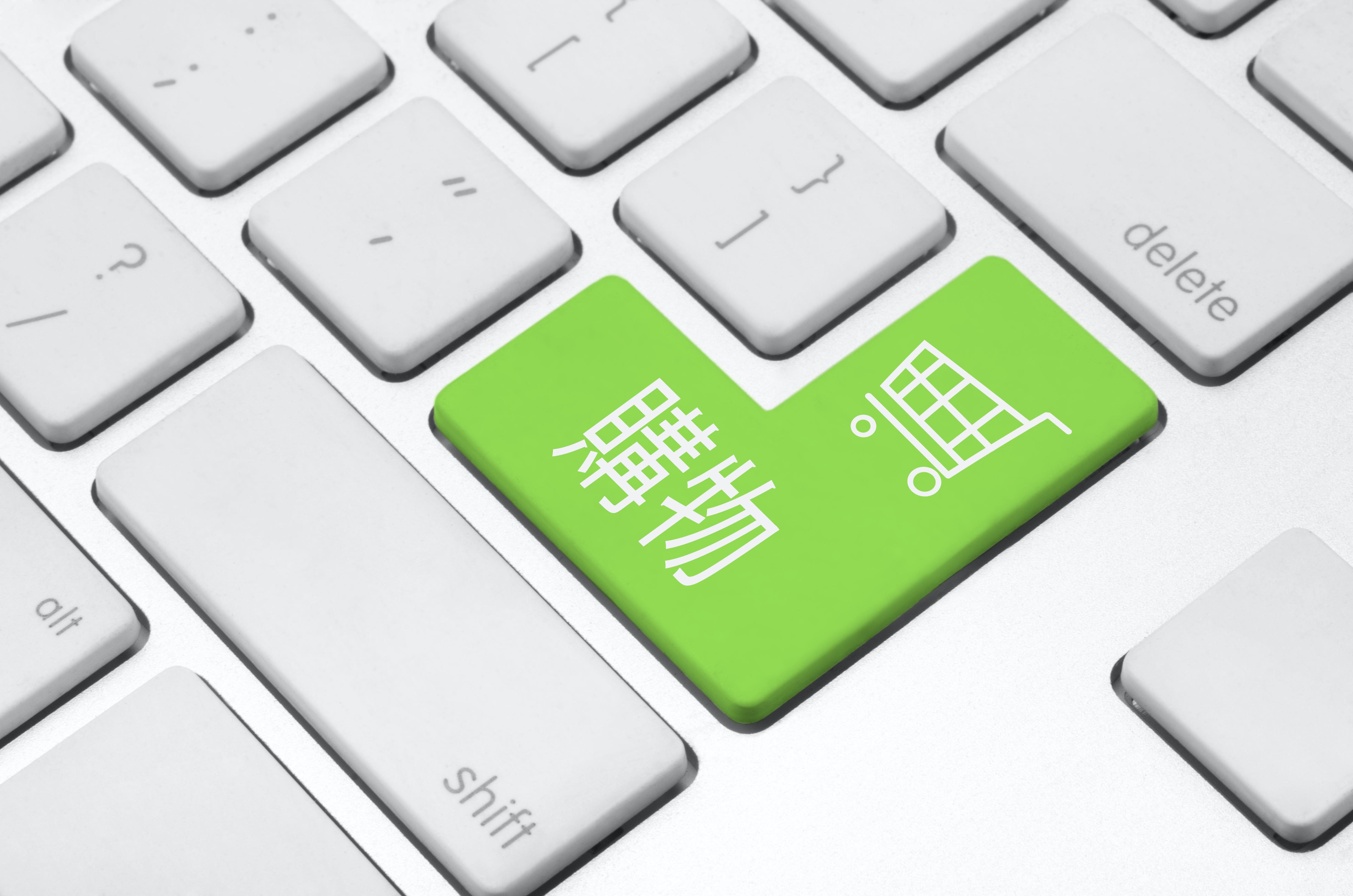
Eco-friendly retail taking off in China. Photo credit: Shutterstock
Chinese consumers are scouring online platforms for sustainable products as awareness of climate change grows. For green brands, this trend presents an opportunity to showcase their wares.
Retailers, from multinational Unilever to clean beauty startups, are tapping e-commerce platforms to make eco-friendly products readily available in China.
“We see business opportunities to co-create a more sustainable future with our merchants and brands,” e-commerce platform Alibaba Group’s Chief Marketing Officer Chris Tung said on Tuesday during a webinar.
Alibaba has pledged to be carbon neutral by 2030 as it reins in emissions across its operations and works with millions of merchants to make more sustainable products available to the billion consumers using its platform.
We see business opportunities to co-create a more sustainable future with our merchants and brands
Even as the coronavirus pandemic puts a dampener on demand in the world’s second-largest economy, the market for green products is thriving. Brands including sustainable drinkware brand Klean Kanteen and Parisian clean beauty startup La Bouche Rouge say they are expanding in China.
In China, 72% of consumers said they try to buy from environmentally responsible companies versus 54% globally, according to a survey by consultancy PWC.
To be sure, parsing ingredients lists for toxins and examining supply chains for carbon emissions is bewildering for consumers.
“Education is critical,” said Tung during the webinar organized by research firm Coresight, “that is the biggest barrier to embracing sustainability”.

Alibaba is working to bridge this knowledge gap with a range of interactive features that make a sustainable lifestyle more accessible for consumers and bring their product research to life.
An ambitious mission, but also a worthwhile investment, said JuE Wong, CEO of Olaplex, a professional haircare line that sells its products in China.
“It’s a smart business decision,” she said during the webinar, noting the positive reception Chinese consumers gave to her brand’s minimal packaging and non-toxic formulation, which is free from parabens, sulfates, phthalates and phosphates.
The More You Know
The world’s largest class is now in session, as platforms and merchants seek to show consumers what’s green and what’s not.
Transparent labeling of products’ carbon footprints, livestreaming about eco-friendly options and greener packaging are all gathering steam in China.
Alibaba’s B2C e-commerce marketplace Tmall launched eco-friendly product labels earlier this month to help consumers check out the impact of their purchases on the environment. So far, it has ranked the energy efficiency of over 300,000 electric goods from thousands of merchants and plans to add other categories.
Food delivery service, Ele.me, unveiled on Wednesday a point system based on users’ carbon consumption behavior, to promote a low-carbon lifestyle. If consumers adopt eco-friendly habits such as not using plastic tableware and using small dishes when placing an order on Ele.me, they obtain points.
But it isn’t enough to provide information without context. Brands, such as San Francisco-based sustainable footware brand Rothy’s, livestream about their brands and invite consumers to join in the conversation about how to adopt a greener lifestyle.
“E-commerce platforms have to communicate with consumers about the progress of environmental impact,” said Tung.
In the Alibaba ecosystem, green shopping is an interactive adventure with tangible rewards, where eco-friendly purchases earn you energy points on Alipay’s Ant Forest that convert into trees planted in China’s driest areas.
“It becomes almost like a game,” said Olaplex’s Wong, who saw her customers measure and track their environmental impact after the brand added carbon information to its products.
Alibaba’s logistics arm Cainiao has also developed a system for individuals to measure the carbon footprint of their orders.
By searching “delivery package recycling” on the app, consumers can see how many eco-friendly packages they receive and how many recycled cardboard boxes they send out with Cainiao Post. Last year, Unilever and Alibaba partnered up to make their supply chain greener.
Retail Rebooted
All these features, rolled out last year and early this year, will be on display in June for Alibaba’s 6.18 Mid-Year Shopping Festival.
The annual sales event, which stretched from May 24 to June 20 last year, will see hundreds of thousands of merchants offer special promotions to more than 1 billion active annual users worldwide.
This year’s edition will be greener than ever, Tung promised the webinar audience.
“We will be able to spotlight more [green products] and offer more to our consumers, that is something we are committed to doing,” he said.
A green vertical showcasing sustainable goods will make an appearance after launching at last year’s 11.11 Global Shopping Festival. For its part, Olaplex has also cooked up more detailed greenhouse gas tracking, along with box-free product bundles available for purchase via QR codes.
It’s an important step in the beauty and personal care industry, which is a notorious producer of single-use plastics that as often as not end up tangled in kelp or on the roadside.
“We find that […] one of the first things you do is throw away the box, so virtual bundles are a very powerful statement for us to make,” Wong explained.
Investors are taking note. Globally, sustainable investments have swollen to $35.3 trillion, over a third of all assets in five of the world’s biggest markets, said the Global Sustainable Investment Alliance in a report.
“Our users, partners and investors also know we will create greater value for all stakeholders…[going green] is a significant business opportunity for brands,” said Tung.
Additional reporting by Yashan Zhao and Ivy Yu
Every day is Earth Day at Alibaba. As this international day of awareness approaches, we invite you to explore how we put the environment first and how you can too!




